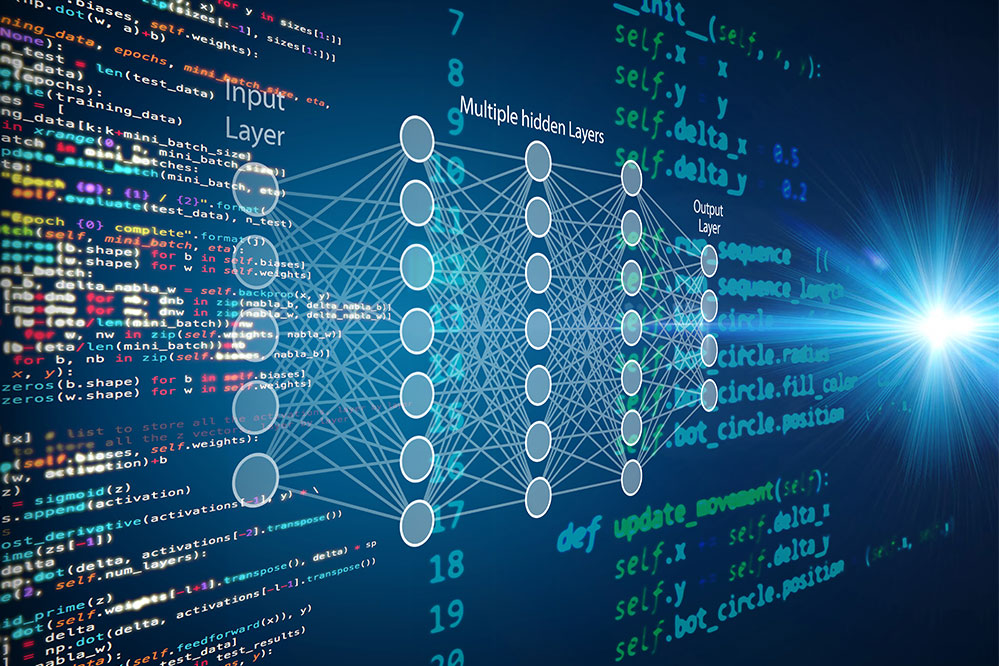Introduction to the Controversy
A coalition of experts, including former OpenAI employees, has voiced strong opposition to the company’s shift away from its nonprofit roots. In an open letter addressed to the Attorneys General of California and Delaware, the group argues that the proposed changes fundamentally threaten OpenAI’s original charitable mission.
Background on OpenAI
OpenAI was founded with a unique structure. Its core purpose, enshrined in its Articles of Incorporation, is “to ensure that artificial general intelligence benefits all of humanity” rather than serving “the private gain of any person.” The company defines AGI as “highly autonomous systems that outperform humans at most economically valuable work”. While acknowledging AGI’s potential to “elevate humanity,” OpenAI’s leadership has also warned of “serious risk of misuse, drastic accidents, and societal disruption.”
Original Vision of OpenAI: Nonprofit Control as a Bulwark
Co-founder Sam Altman and others have even signed statements equating mitigating AGI extinction risks with preventing pandemics and nuclear war. The company’s founders – including Altman, Elon Musk, and Greg Brockman – were initially concerned about AGI being developed by purely commercial entities like Google. They established OpenAI as a nonprofit specifically “unconstrained by a need to generate financial return”. Key safeguards included nonprofit control, capped profits, an independent board, fiduciary duty, and AGI ownership reserved for the nonprofit.
A Threat to the Mission?
The critics argue the move to a PBC structure would jeopardise these safeguards, including subordination of mission, loss of enforceable duty, uncapped profits, uncertain board independence, shifts in AGI control, and risk to charter commitments. OpenAI has publicly cited competitive pressures as reasons for the change. However, the letter counters that competitive advantage isn’t the charitable purpose of OpenAI and that its unique nonprofit structure was designed to impose certain competitive costs in favour of safety and public benefit.
Call for Intervention
The signatories of the open letter urge intervention, demanding answers from OpenAI about how the restructuring away from a nonprofit serves its mission and why safeguards previously deemed essential are now obstacles. Furthermore, the signatories request a halt to the restructuring, preservation of nonprofit control and other safeguards, and measures to ensure the board’s independence and ability to oversee management effectively in line with the charitable purpose.
Conclusion
The proposed restructuring of OpenAI from a nonprofit to a for-profit entity has raised significant concerns among experts and former employees. The move could jeopardise the company’s original charitable mission and compromise its ability to develop and deploy artificial general intelligence (AGI) in a safe and responsible manner. As the debate continues, it is essential to consider the potential consequences of this shift and ensure that the development of AGI prioritizes humanity’s benefit above private gain.
FAQs
- Q: What is OpenAI, and what is its mission?
A: OpenAI is a company founded with the mission to ensure that artificial general intelligence benefits all of humanity, rather than serving the private gain of any person. - Q: Why are experts opposing OpenAI’s shift away from its nonprofit roots?
A: Experts are concerned that the proposed changes could compromise OpenAI’s ability to prioritize its charitable mission and potentially lead to the development of AGI that serves private interests over public benefit. - Q: What safeguards are at risk due to the proposed restructuring?
A: The proposed restructuring could jeopardise nonprofit control, capped profits, an independent board, fiduciary duty, and AGI ownership reserved for the nonprofit, among other safeguards. - Q: What are the potential consequences of OpenAI’s restructuring?
A: The potential consequences include the subordination of OpenAI’s mission to shareholder interests, loss of enforceable duty to the public, uncapped profits, and shifts in AGI control that could compromise safety and public benefit.











